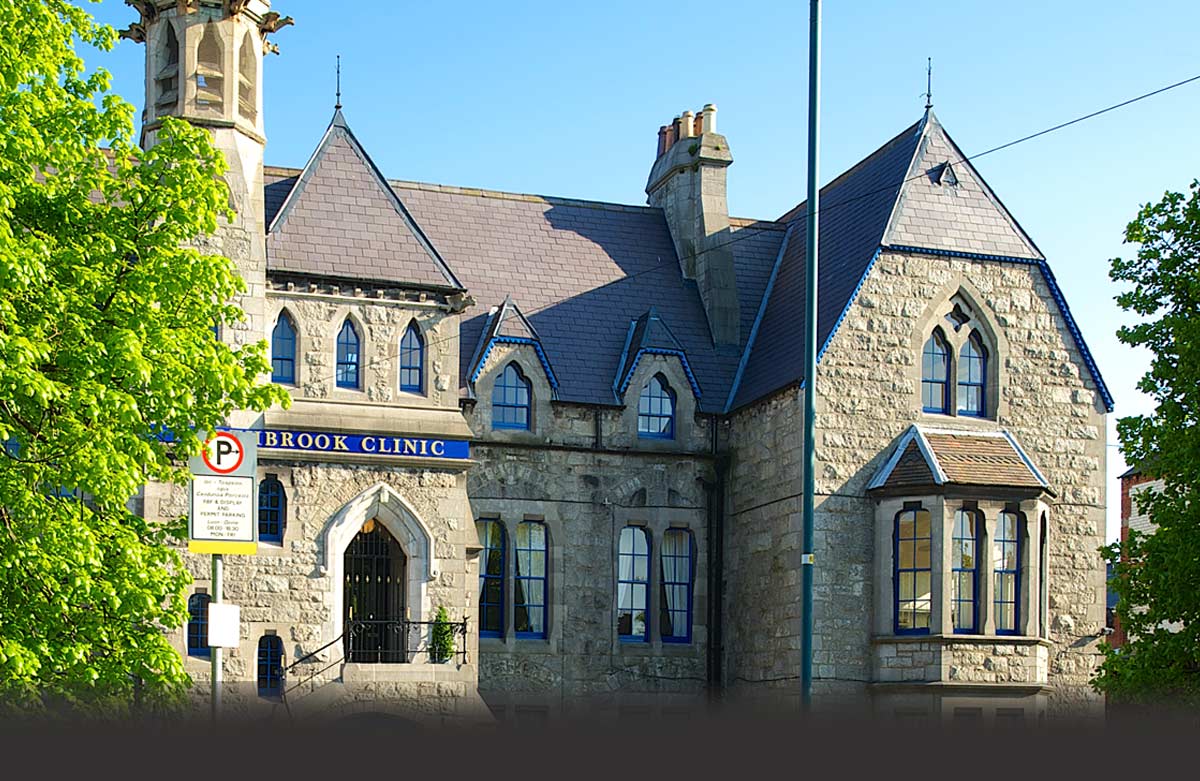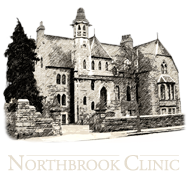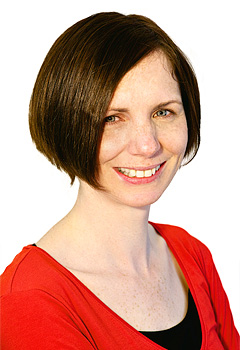Tooth Brushing for Young Children
So often, dentists are asked ‘When should I start brushing my child’s teeth?’ It is very important to start a good oral hygiene routine early on. Often, babies and young children will just want to bite the toothbrush, they don’t understand what you are trying to do and they often like the sensation of the bristles on their gums.
Perseverance is necessary to make them see that this is an important part of the daily routine, and it’s happening whether baby likes it or not – non-negotiable!! Eventually children will accept that this is part of their day.
When to start?
An early start is important in establishing a good routine. I recommend that parents clean baby’s gums with a clean, moist facecloth or muslin cloth even before the teeth come in. Typically, at around 6 or 7 months of age, babies will start to get their first teeth. Some will have teeth earlier; others won’t have any teeth until they are a year old. A toothbrush with a small head and soft bristles is ideal for both adults and children.
Who does the brushing?
Although some young children may seem to be able to brush their own teeth well, until they are at the age that they can tie their own shoe lace, the dexterity to brush teeth thoroughly and effectively is not usually there yet. I advise parents to brush for the child (not just supervise brushing!) until the child is 7 or 8 years of age.
Going about it:
• In younger children, if there are two adults present, a good position to place the child is where the adults sit knee to knee, facing each other, and the person who is doing the toothbrushing supports the child’s head on their lap, while the other person supports the child’s lower body. This position gives the person who is brushing a good view while the other adult can distract the child. On a practical level, this may not always be possible, so positioning the child on your outstretched legs while you sit on the floor, with his or her head on your lap is a good alternative. As the child gets older, stand behind the child and lean his or her head back against you.
• Angle the toothbrush at a 45 degree angle just at the junction of the tooth and the gum – this is where plaque likes to gather mainly. Make gentle circular motions, staying for a few seconds on each tooth before moving onto the next tooth. Don’t scrub!!
• Clean the cheek side, the tongue side and the biting surfaces of each tooth, making sure not to miss any teeth.
• If your child is over 2 years of age, get them to spit out the toothpaste well and not to rinse with water or mouthwash, just spit out well.
• Brush thoroughly, last thing at night, and at one other time of the day.
• Floss daily for your child to clean the remaining two surfaces that the toothbrush cannot reach.
Which Toothpaste should I use?
In Ireland, the recommendation is to use only water to clean the teeth until a child reaches the age of 2 years. Then, a small smear of fluoridated toothpaste (it should contain at least 1,000ppm fluoride – check the ingredients) should be used.
Should my child use a mouthwash after brushing?
Because rinsing with water or with mouthwash washes away the tiny amount of fluoride that remains around the teeth after your child has spat out all the toothpaste, I advise children not to rinse at all after brushing, just to spit out well. However, studies have shown that rinsing with a fluoride mouthwash at a separate time to toothbrushing can reduce the incidence of dental decay. I often advise older children to rinse with mouthwash (alcohol-free and containing 225ppm Fluoride) at a separate time, once daily, maybe after school. Most children will master rinsing at about the age of 6 years.
Tips for Success
Toothbrushing can be a battle sometimes. Here are some tips that may help make it easier!
• Start at an early age and stick to roughly the same times of day so that your child comes to expect it to be done. It should be a non-negotiable part of the routine if you want your child to have healthy teeth.
• Let your child do the brushing first, then you ‘check’ the teeth, but you should then take the opportunity to go over all the teeth and make sure they are clean
• Distract by telling them something that happened that day or talking about what you will do tomorrow, or sing a song.
• Some parents play a game where they pretend to see bits of food from the day hiding and ask the child to hold still for a minute so that they can catch the various bits of food.
• Plaque-disclosing tablets can be a useful motivator to show older children where they have missed brushing.


